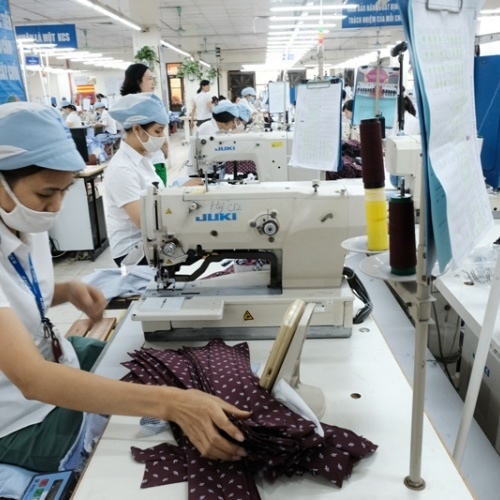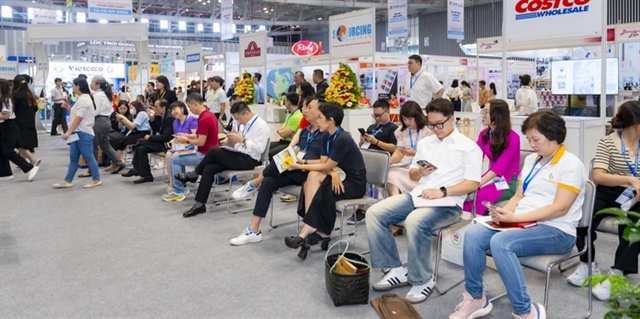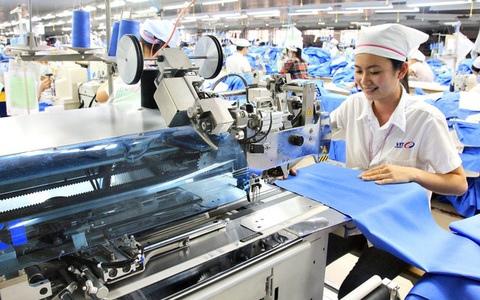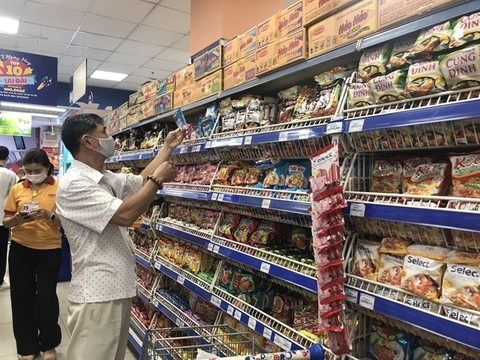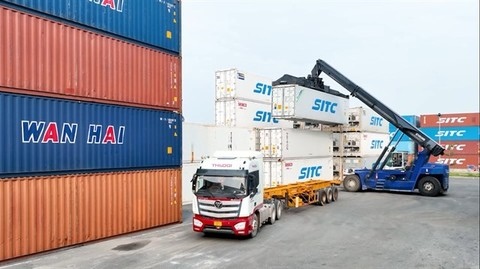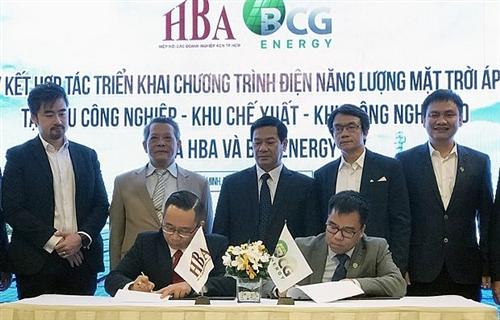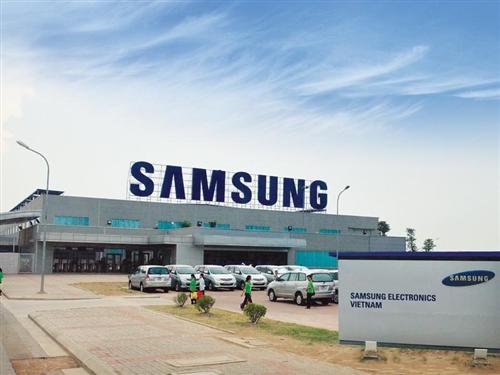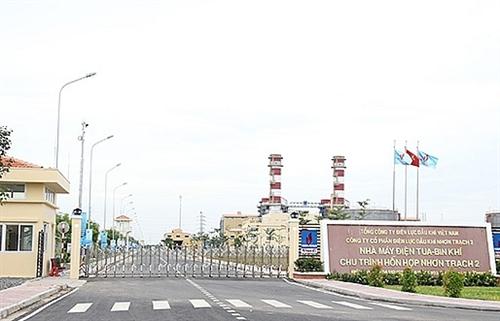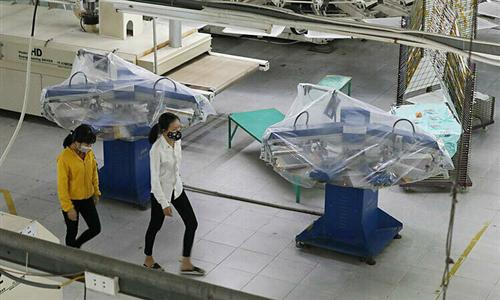Viet Nam's commodity market expected to lure more capital
Viet Nam's commodity market expected to lure more capital
The development of a commodity exchange in Viet Nam is expected to provide an alternative for investors when they find difficulties investing in risky assets such as stock and real estate. 
The number of active investors on the Vietnamese commodity exchange is still small compared to stock and real estate markets.
The legal framework and the concept of commodity exchanging are reportedly the reasons that have restrained investors from taking part in this market.
Agricultural products traded on the global commodity exchanges include corn, wheat, coffee, sugar, lumber and rubber. Those products are also Viet Nam’s key agriculture produce.
Viet Nam is among the world’s top agricultural exporting countries, which accounts for a large-part of all exports. Last year, total export value was up 3.2 per cent to US$41.3 billion compared to 2018.
Of the total figure, key agriculture exports – including rice, pepper and coffee – were down 5.3 per cent to $18.5 billion in 2019. Those products are also found on international commodities exchange platforms such as the Tokyo Commodity Exchange (TOCOM).
The agriculture sector is more vulnerable this year because of a volatile global economy and international trade, which are also weighing on the stock market.
This has made investors look for alternatives with agriculture futures seen as a key opportunity.
According to the Mercantile Exchange of Vietnam (MXV), trading of Vietnamese agricultural products is similar to the derivatives market as investors will sell and buy futures contracts to earn profits from the price discount and premium.
Coffee is one of Viet Nam’s key exports but local exporters often suffer as their selling prices are normally fixed and can be lower than the global prices on the delivery day.
The commodity exchange would help local firms overcome such difficulty and hedge the changes of the prices on the delivery, MXV deputy director Duong Duc Quang told tinnhanhchungkhoan.vn.
An investor could either open or close his short/long options to sell products at expected prices and diminish the risk of a lower price on the delivery date, Quang said.
Then the seller would no longer have to worry about the price changes as profits had already been made, he said.
Futures prices were always transparent and it was difficult to manipulate trading, Quang said.
According to MXV, the trading liquidity of the Vietnamese commodity market is rising. Since mid-2019, the number of new accounts on the market has increased by 20-30 per cent. The futures of agricultural products put up for trading on the MXV’s platform are also linked to global prices.
“But the trading of Vietnamese agriculture commodities is still ‘physical’,” individual investor Tran Hoai Nam told Viet Nam News.
It meant the commodity was only transferred once a deal was reached between the buyer and seller and the price was fixed by the delivery date, he said.
Unlike Viet Nam, global investors would trade the future price of the commodity, which varies from the date the deal is signed to the delivery date, he said.
To promote the market in Viet Nam, MXV planned to organise training programmes for local investors, producers and exporters, Quang said.
The Vietnamese commodity market regulator had also worked with international financial institutions to provide tools to help trading become easy, convenient and simple as much as possible for investors, he said.
Once the account was activated, investors could participate in the market immediately and even make margin loans from financial firms to execute their deals, he added.


